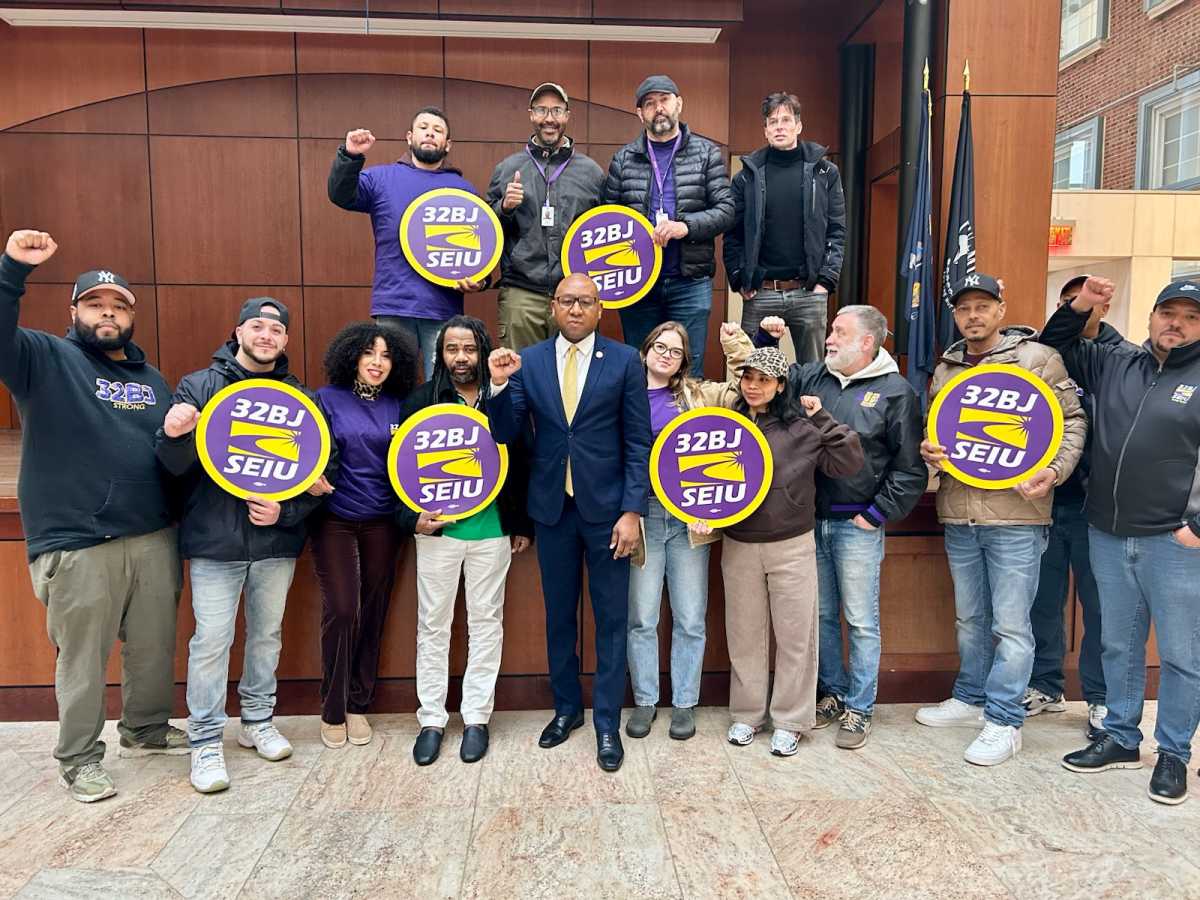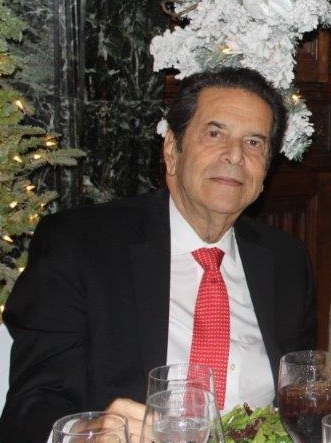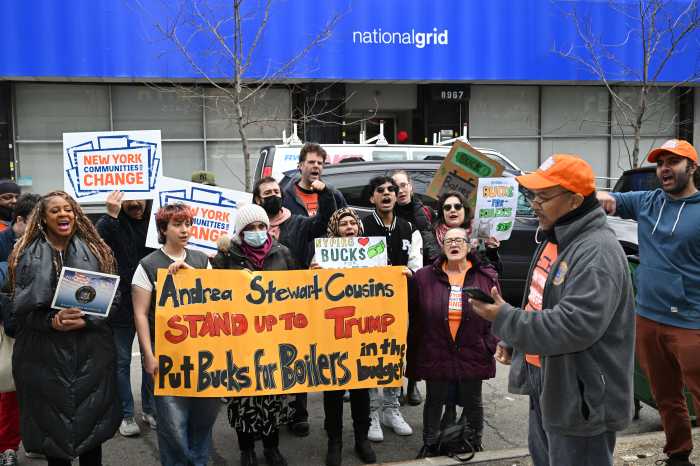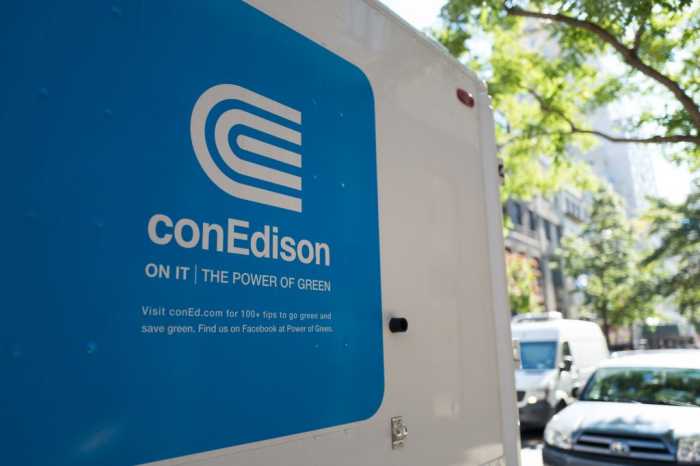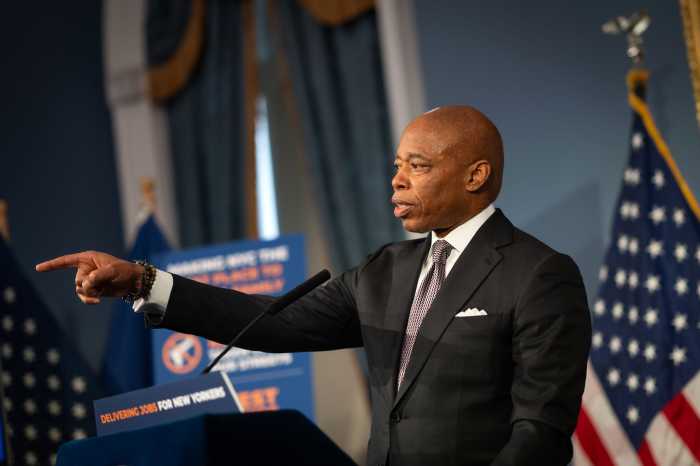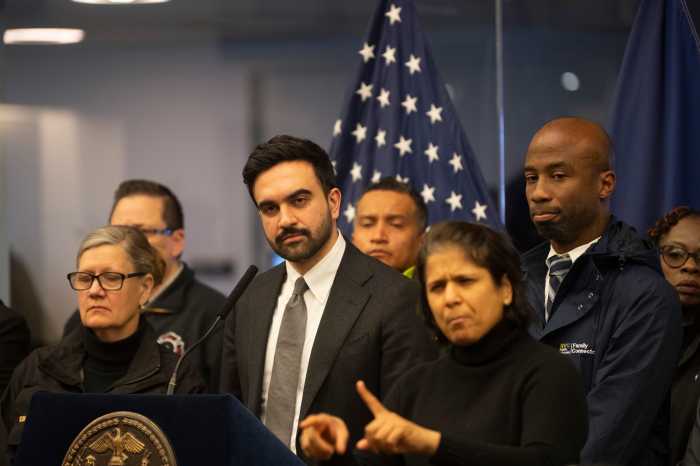Queens Borough President Donovan Richards joined members of services union 32BJ SEIU and civic and community leaders to call on Con Edison to cancel a planned rate increase that will see electric and gas bills rise by 11% and 13%, respectively, in 2026.
Richards, speaking from Queens Borough Hall at 120-55 Queens Blvd. on Monday morning, slammed Con Edison for “outrageous” price increases at a time when many Queens residents are struggling to “make ends meet.”
In February, Con Edison proposed rate hikes that would increase electricity bills by 11.4% and gas bills by 13.3% starting on Jan. 1, 2026.
“Far too many of our neighbors live on the sharp edge of poverty,” Richards said at Monday’s event. “It’s getting harder and harder to afford (to live in) the very city that we love. The last thing we need right now is to see our energy bills go through the roof.”
Richards said he has started advising his son to unplug his devices to combat rising energy prices and said the proposed price hikes would hurt customers even more.
“That (price hikes) can’t happen on our watch,” Richards said. “This will cause our residents to pay way more than what they are already paying for their basic needs.
“At a time when most New Yorkers are living paycheck to paycheck, now is not the time to raise utility costs through the roof… Today, we call on Con Edison to cancel these ridiculous proposed rate hikes.”
Richards is also calling on the State Public Service Commission to intervene and vote down any proposed price hikes if Con Edison refuses to cancel the proposed increases.
Richards commended Con Edison for being at the forefront of New York’s fight against climate change by bringing “cleaner, greener and more modern infrastructure” to Queens and said the city is “proud” to partner with Con Edison on many projects. However, he also noted that the company is worth more than $30 billion and cannot justify raising energy rates for its customers.
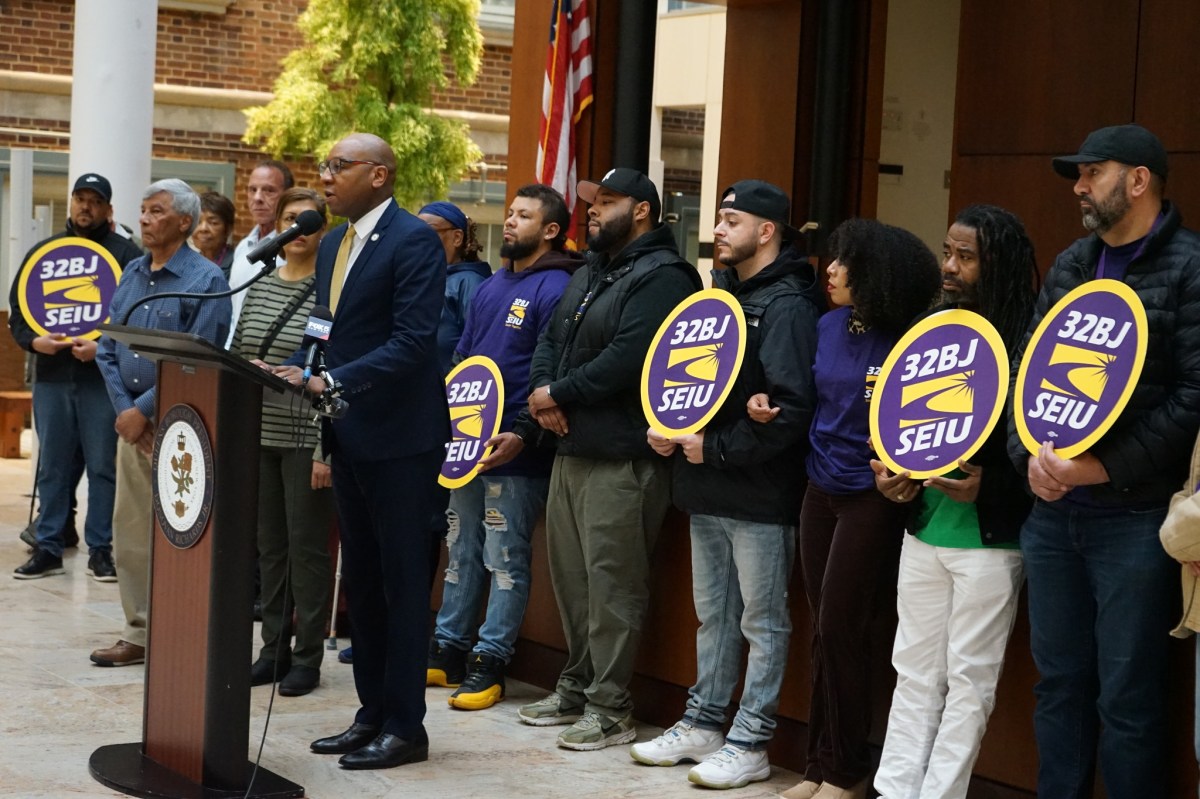
“Under no circumstances should a company that is profitable be able to raise rates on hard-working New Yorkers,” Richards said.
Richard Balancier, a cleaner and member of 32BJ SEIU, spoke of how his bills get “bigger and bigger” every year despite holding a good union job with benefits.
“Now, Con Edison wants to raise our rates. I say, no way,” Balancier said on Monday. “Working New Yorkers can’t pay a bigger bill. We need a rate freeze now.”
Denis Johnston, president of 32BJ SEIU, said the cost-of-living crisis is the top issue facing the majority of the union’s membership.
“Rate hikes for like what Con Ed is proposing place strain on our membership, too many of whom are already struggling to keep the lights on while balancing the soaring cost of basic needs like rent and food,” Johnston said in a statement. “While we know Con Ed provides essential services for this state and city, we are demanding a rate freeze because working New Yorkers shouldn’t have to pay more when CEOs make millions and profits soar.”
Representatives from several neighborhood groups, including Executive Director of Neighborhood Housing Services Yoselin Genao-Estrella, President of the Old Astoria Neighborhood Association Richard Khuzami, Vice President of Queens Civic Congress Ashook Kumar Ramsaran and William McDonald of Spring Gar Community Civic Association also called for rate hikes to be canceled at Monday’s event.
A Con Edison spokesperson said the company is “acutely aware” of the importance of affordability, pointing to the fact that the company provided $300 million in discounts to low-income customers in 2024.
“Nearly 27 percent of the proposed electric revenue increase and 14.5 percent of the proposed gas revenue increase result from the estimated property taxes on energy infrastructure our customers will pay in 2026. We welcome the opportunity to work with policymakers on directing that tax revenue back to low-income customers to provide bill relief or support clean energy programs,” a spokesperson for Con Edison said in a statement.
“We also have a responsibility to continue to safely and efficiently deliver the nation’s most reliable power. That means fortifying the grid against increasingly severe weather, supporting the state’s clean energy goals and maintaining the workforce we need to conduct ongoing maintenance and swiftly respond to customer service calls.”

